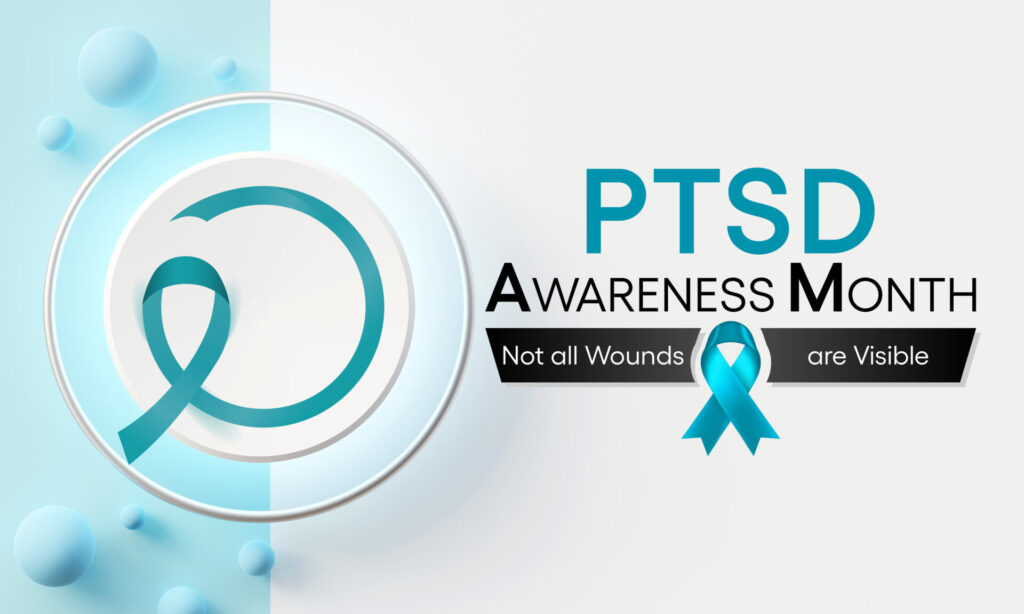Introduction:
At 308 Consulting & Strategy Group Inc., we are committed to supporting the well-being of individuals and workplaces, especially in addressing the impact of Post Traumatic Stress Disorder (PTSD) in first responders. In this blog post, we will explore the definition, signs, symptoms, and causes of PTSD in paramedics in Canada, while highlighting the profound effects on individuals, their families, and the workplace. Moreover, we will provide insights into implementing mitigation strategies to reduce the potential impact of traumatic events on first responder staff. We extend our deepest appreciation to emergency responders, including police, fire, corrections officers, and paramedics, for their incredible dedication to protecting us and our families.
Defining Post Traumatic Stress Disorder (PTSD):
Post Traumatic Stress Disorder is a mental health condition that can develop after exposure to a traumatic event or series of events. For first responders like paramedics, their work exposes them to intense and potentially traumatic situations regularly. These events can include accidents, violence, injuries, and loss of life. Over time, these experiences can lead to the development of PTSD.
Signs, Symptoms, and Impact:
PTSD manifests in various ways, affecting an individual’s mental, emotional, and physical well-being. Symptoms may include intrusive memories or flashbacks, nightmares, persistent anxiety, hypervigilance, avoidance of triggers, emotional detachment, irritability, and difficulty concentrating or sleeping. Left unaddressed, PTSD significantly impacts the overall quality of life for first responders, straining personal relationships, disrupting family dynamics, and hindering professional effectiveness. Furthermore, the workplace may experience decreased productivity, increased absenteeism, and higher staff turnover rates.
Paramedics in Canada:
According to the Federal Framework on Posttraumatic Stress Disorder, approximately 25-30% of paramedics experience PTSD during their careers (Government of Canada, 2019). These statistics emphasize the urgent need for proactive measures and support systems within the profession.
Implementing Mitigation Strategies:
Workplaces play a crucial role in reducing the potential impact of traumatic events on first responder staff. Here are essential mitigation strategies:
- Education and Training: Provide comprehensive training programs that educate employees about PTSD signs, symptoms, and management. Foster a culture of understanding, empathy, and support within the workplace.
- Peer Support Programs: Establish confidential peer support networks where first responders can seek assistance, share experiences, and receive guidance from colleagues who understand the unique challenges they face.
- Mental Health Resources: Ensure access to specialized mental health resources, including counselors, therapists, and psychologists experienced in working with first responders. Offer confidential and easily accessible support services.
- Trauma-Informed Policies: Develop and implement trauma-informed policies and procedures that prioritize the well-being and mental health of first responders. Provide clear guidelines for seeking support, reporting incidents, and managing workload.
Conclusion:
Post Traumatic Stress Disorder poses significant challenges for first responders due to the nature of their work. The impact of PTSD extends beyond the individual, affecting their families and the workplace as a whole. By implementing mitigation strategies and fostering a supportive environment, workplaces can help reduce the potential impact of traumatic events on staff and promote overall well-being. nformed by the Federal Framework on Posttraumatic Stress Disorder, workplaces can support the mental well-being of their staff. We express our sincere gratitude to all emergency responders for their unwavering dedication and sacrifice in protecting our communities.
Reference:
- Government of Canada. (2019). Federal Framework on Posttraumatic Stress Disorder: Recognition, Collaboration, and Support. Retrieved from https://www.canada.ca/en/public-health/services/publications/healthy-living/federal-framework-post-traumatic-stress-disorder.html#s1-3-2
